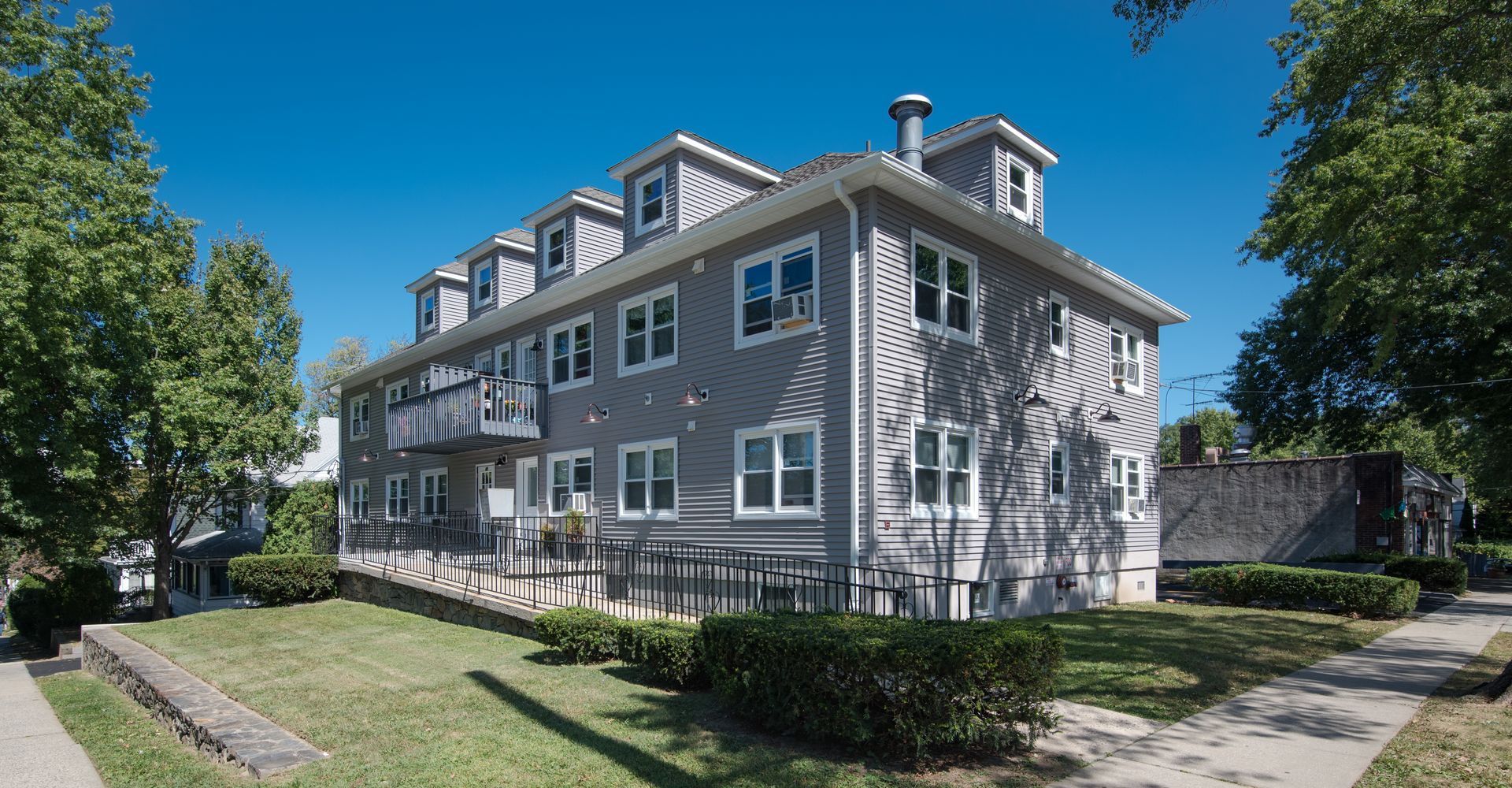
How to Handle Security Deposits Legally and Fairly:
A Guide for Westchester Landlords
Published June 5, 2025
Handling security deposits correctly is essential for any responsible landlord. In Westchester County and across New York State, there are clear legal guidelines for collecting, holding, and returning security deposits. Following these regulations not only protects your rental business from liability but also builds trust with tenants and ensures smoother transitions between leases.
This guide outlines how to manage security deposits legally and fairly, including proper collection, deductions, and timely returns.
1. Know the Legal Limit in New York State
In New York, landlords may only collect one month’s rent as a security deposit for residential leases. This law applies across the state, including in Westchester and surrounding areas. The security deposit amount must be clearly stated in the lease agreement. It's also advisable to issue a written receipt to the tenant for documentation.
2. Use a Separate, Compliant Bank Account
If your property contains six or more residential units, New York law requires you to keep tenant security deposits in a separate, interest-bearing account at a New York State bank. You must also:
- Disclose the name and address of the bank to the tenant
- Pay the tenant annual interest on the deposit (you may retain up to 1% per year as an administrative fee)
This step is critical for compliance, especially for Westchester property owners managing multifamily units.
3. Perform a Detailed Move-In Inspection
Before the tenant moves in, conduct a full inspection of the rental unit and document its condition using a checklist and photos. This sets a clear baseline and protects both you and the tenant from disputes over property condition.
Having the tenant sign off on the move-in condition report provides added transparency and accountability.
4. Understand What Deductions Are Permitted
Under New York law, landlords can only deduct from the security deposit for the following:
- Unpaid rent
- Damage beyond normal wear and tear
- Cleaning costs required to return the unit to rentable condition
- Lease violations that result in financial loss
Examples of non-deductible items include faded paint, minor carpet wear, and other signs of reasonable use. Clear lease language and documented inspections help prevent confusion about what is considered "damage" versus "normal wear."
5. Conduct a Move-Out Inspection
At lease end, perform another inspection and compare it to the original move-in documentation. This comparison provides evidence to justify any deductions and ensures that your process is fair and consistent.
If deductions are needed, itemize them clearly and keep copies of repair receipts or estimates on file.
6. Return Deposits Within 14 Days
New York law requires landlords to return the tenant’s security deposit within 14 days of lease termination. If deductions are made, you must provide an itemized written statement explaining the reasons and amounts withheld.
Failing to meet this deadline, or neglecting to provide documentation, can result in the tenant being entitled to a full refund, even if the deductions were valid.
7. Maintain Professional Communication
Even if damages occurred, tenants are more likely to accept deductions when communication is prompt, professional, and backed by evidence. Written communication helps avoid misunderstandings and creates a record for both parties.
At all stages—move-in, lease term, and move-out—clear and respectful communication supports positive tenant relationships and protects your business from legal challenges.
Partnering with a Property Management Company
Managing security deposits properly takes time, attention to detail, and a clear understanding of landlord-tenant law. At Invictus Management, we help landlords throughout Westchester and surrounding areas remain compliant with all state regulations, including security deposit laws.
Our full-service property management approach ensures:
- Legally sound lease agreements
- Proper documentation and inspection procedures
- Timely and transparent handling of deposits and deductions
Your investment. Our priority.
Let us take the guesswork out of managing your rental property. Contact us today to schedule a free consultation and learn how our team can protect your investment and simplify your rental business.




